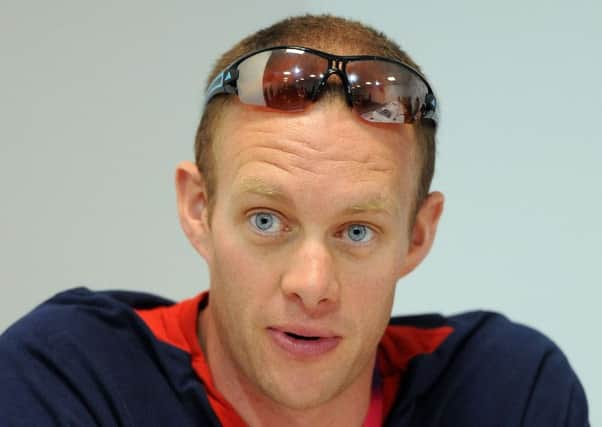Leaders: Scotland must help poorer children to university | Saluting sports hero David Smith


First Minister Nicola Sturgeon, who grew up in a council house and attended a state primary followed by a state secondary, was able to get a place at the University of Glasgow before training as a solicitor.
This image of democratic meritocracy was boosted by a report by the Office of National Statistics which revealed that Scotland was the best educated country in Europe – 45 per cent of people in Scotland aged between 25 and 64 have had some kind of tertiary education, including university degrees and further education.
Advertisement
Hide AdAdvertisement
Hide AdSo it is appropriate that the Scottish Government says that every child, whatever their background, should have an equal chance of attending university. Its goal of equality for all in education is a noble intention but the ending of funding to help poorer studentsm get a place at university, which we report on today, is not going to help. It can only become harder to achieve the stated aim.
Since its launch in 2013-14, the funding has helped almost 2,000 young people from poorer areas get to university. It was due to expand further next year but now that promise will no longer be fulfilled.
Many of the children who would have been able to shine, given the chance, will be denied that opportunity. Many of them would have added to Scotland’s talent pool of educated young adults and become role models for those around them.
This withdrawal of funding is not the kind of development we would expect from a government that knows it has work to do on education. The attainment gap at school level has to be addressed, and the loss of cash for additional funded places at university is simply the extension of this problem into tertiary education.
The government says “It must also be recognised that there are a range of barriers and issues affecting access, not all of which are financial.” There are other factors, of course, but poverty is the main problem. Poverty drives the attainment gap.
We are told that the universities will help to bridge the gap that is left by the removal of funding. But Universities Scotland don’t seem quite so sure. They are calling for a meeting with the Scottish Government to discuss the decision in the wider context of how to widen access. Put another way, which the universities would never dream of doing, it could be translated as: “How on earth do we widen access by withdrawing funding?”
The Scottish Government has to come up with a convincing explanation as to how this is going to work. It doesn’t sound like the universities are convinced, and we’re not convinced. But what we are convinced of is that helping poorer students to university is a highly desirable objective, and any threat to this would not be welcome.
Saluting a brave sporting hero
The 2012 London Olympics were a triumph, from Danny Boyle’s spectacular opening ceremony with a global audience of 900 million viewers to the nail-biting finals.
Advertisement
Hide AdAdvertisement
Hide AdBut for many viewers it was the paralympians who stole the show – young, determined and cool. We sat up and took notice as they competed at world level in a manner beyond our own wildest dreams.
Among them was David Smith from Aviemore who had fought a childhood disability to scoop gold.
Smith had already shown tremendous strength of character to overcome spinal problems, temporary paralysis and major surgery to reach the top in his sport. What he has achieved is truly heroic.
He represented Great Britain in able-bodied karate in the 1990s and bobsleigh in the 2000s before taking up paralympic rowing in 2009.
He had to change sport because of the treatment he required, and remarkably had the Paralympics in his sights again this year, in his new discipline of cycling.
What a desperate blow to find that his dreams of chasing another gold medal have been shattered by the urgent need for life-saving surgery.
But it takes courage to go through what David has experienced in life, and still aim for the sky, and he has that particular quality in abundance.
It is typical of the man to face such adversity in the way that he has done, thanking all that supported him as he prepared for a procedure which could have devastating consequences.
Our thoughts and hopes are with this inspirational figure as he faces his biggest challenge yet.